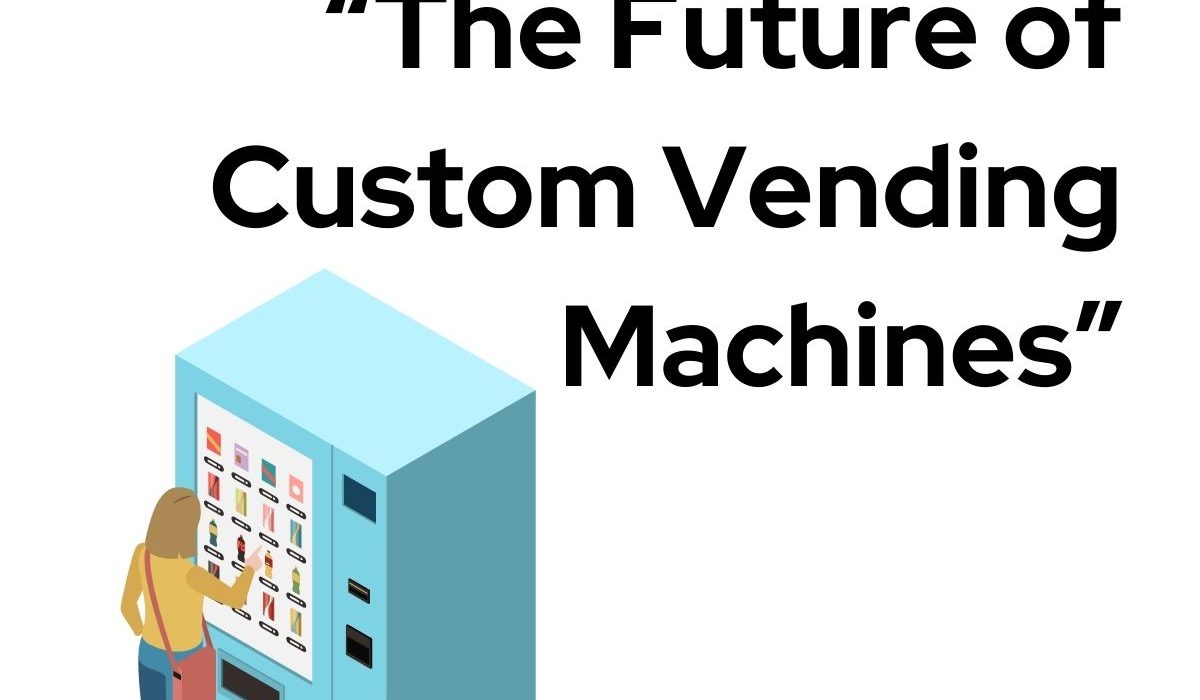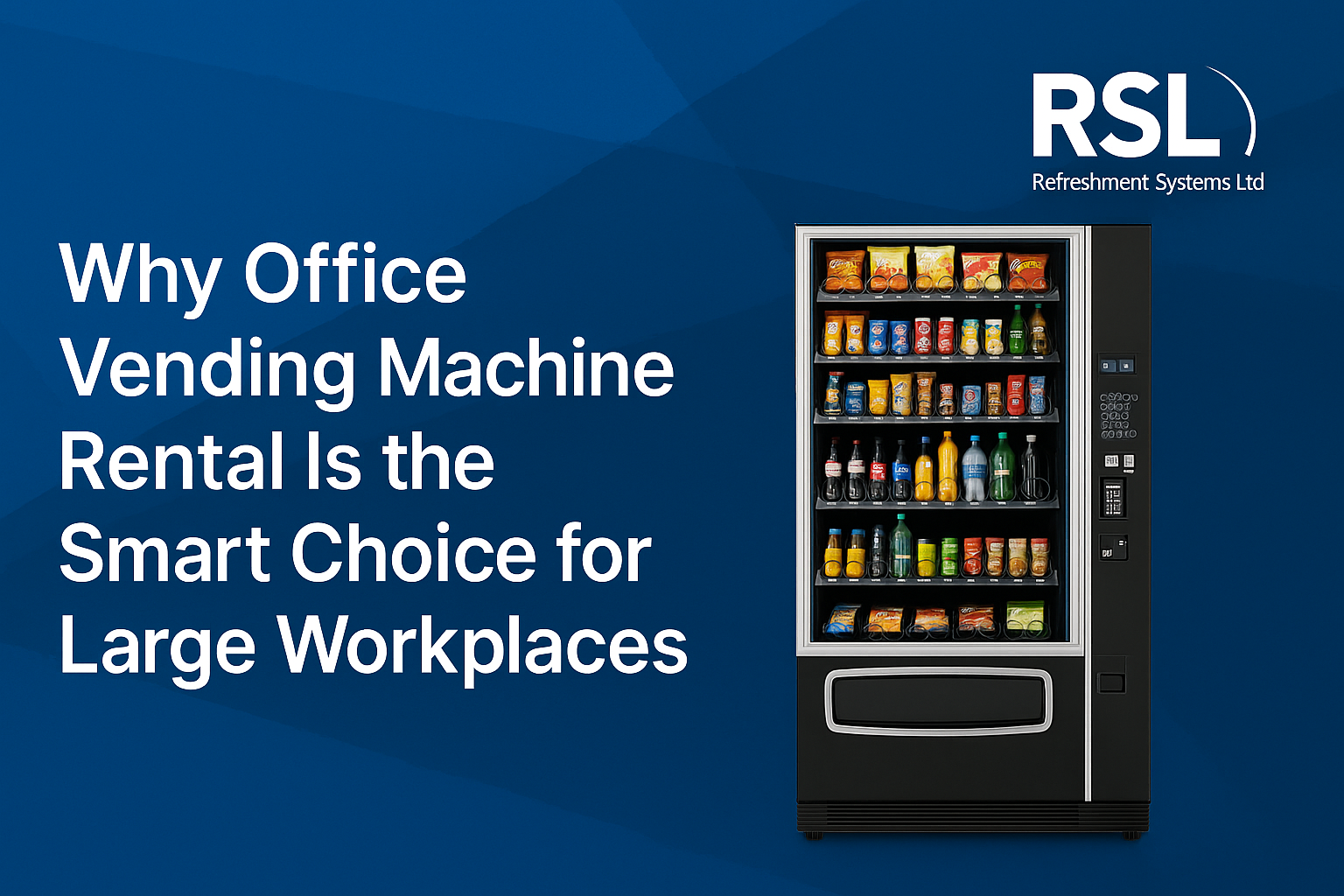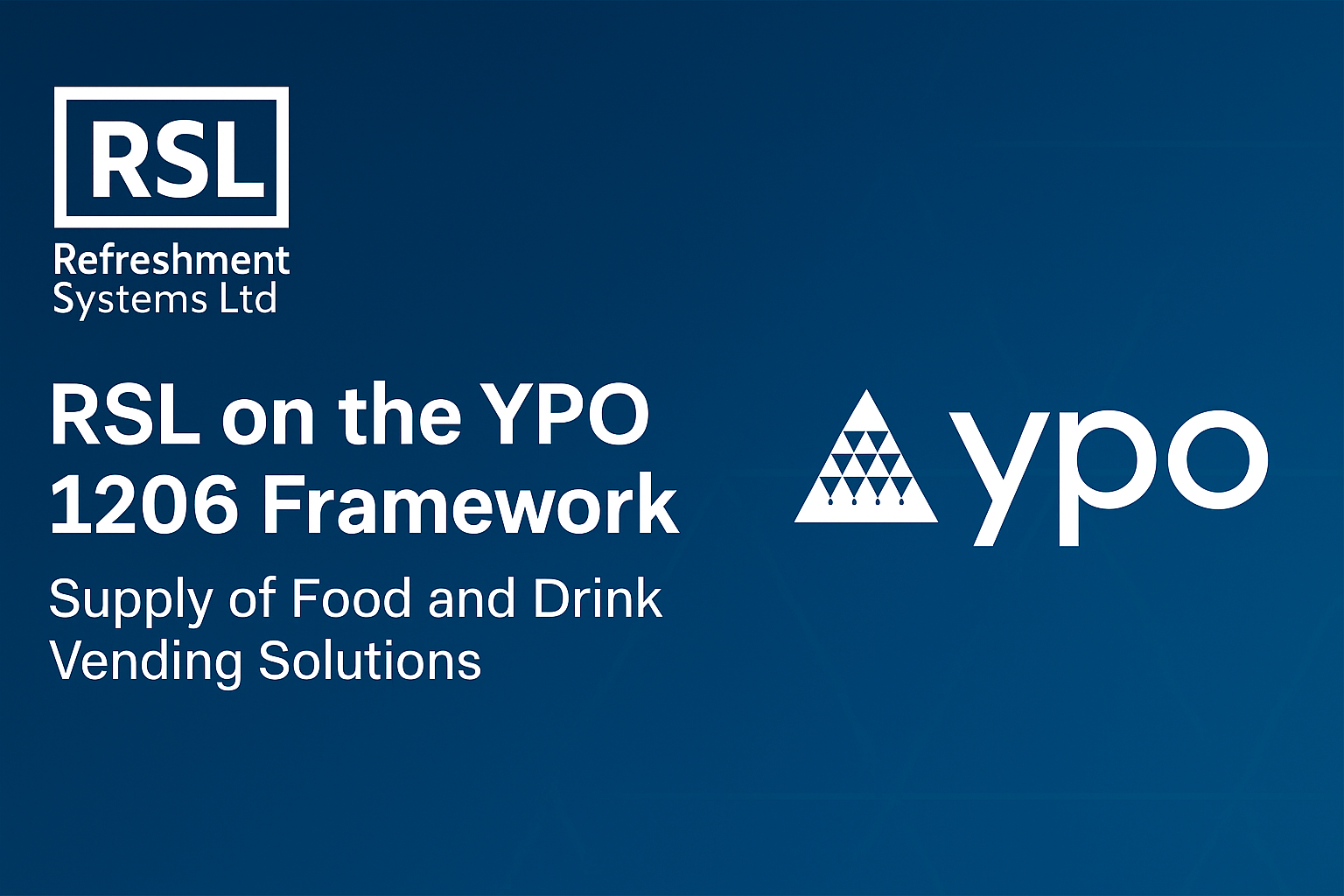
In the ever-evolving world of retail and convenience, custom vending machines are setting a new standard for how products are sold and services are delivered. These machines, tailored to meet specific customer needs and preferences, are transforming various industries by offering unparalleled convenience and personalisation. Here’s a glimpse into the future of these innovative sales solutions.
1. Highly Personalised Experiences
The future of custom vending machines lies in their ability to offer highly personalised shopping experiences. Imagine a machine that not only recognises returning customers but also suggests products based on their purchase history or dietary preferences. Advances in AI and machine learning enable vending machines to engage with consumers in more meaningful ways, enhancing user satisfaction and fostering brand loyalty.
2. Wider Range of Products
While traditional vending machines are limited to snacks and drinks, the scope of custom vending machines is virtually limitless. From electronics and cosmetics to pharmaceuticals and gourmet meals, these machines can stock a diverse array of products. Innovations in storage and dispensing technologies allow for the handling of sensitive items like medicines, which require controlled temperatures, or fragile goods that need gentle handling.
3. Integration with IoT and Smart Technology
Integration with the Internet of Things (IoT) enables vending machines to become smarter and more connected. These machines can manage inventory in real-time, predict maintenance needs, and even process transactions autonomously. Smart vending machines can communicate with suppliers, notify operators before stocks run low, and provide valuable sales data that can be used to optimise product offerings and pricing strategies.
4. Enhanced User Interfaces
The vending machines of the future will feature even more advanced user interfaces. From touchscreens that offer interactive menus and multilingual support to voice recognition systems that allow for hands-free operation, the goal is to make vending machine interactions as user-friendly and accessible as possible. Augmented reality (AR) could also play a role, allowing customers to see nutritional information or virtual product demonstrations directly on the machine’s display.
5. Sustainable Practices
Sustainability is becoming increasingly important, and future custom vending machines will reflect this trend. Expect to see machines made from recycled materials, powered by renewable energy sources like solar panels, and designed to minimise energy consumption. Additionally, these machines could support the sale of eco-friendly products or facilitate recycling and upcycling of used items.
6. Expanded Payment Options
As financial technology advances, vending machines will support an ever-growing array of payment options. Beyond cash, credit cards, and mobile payments, future machines will accept e-wallets, providing the utmost convenience in transaction processing.
7. Locations and Accessibility
Custom vending machines will be found in more locations, providing essential goods and services in areas where traditional retail is unavailable or uneconomical. These include rural areas, transit hubs, and residential complexes. The emphasis will also be on making machines accessible to everyone, including those with disabilities, ensuring that all users can independently use the services provided.
Conclusion
The future of vending is customisation. As technology progresses, custom vending machines will continue to adapt, offering more personalised, convenient, and eco-friendly shopping options. This evolution will not only benefit consumers but also create new opportunities for businesses across various sectors to innovate how they deliver products and engage with customers. The potential is vast, and the future is exciting for custom vending machines.




